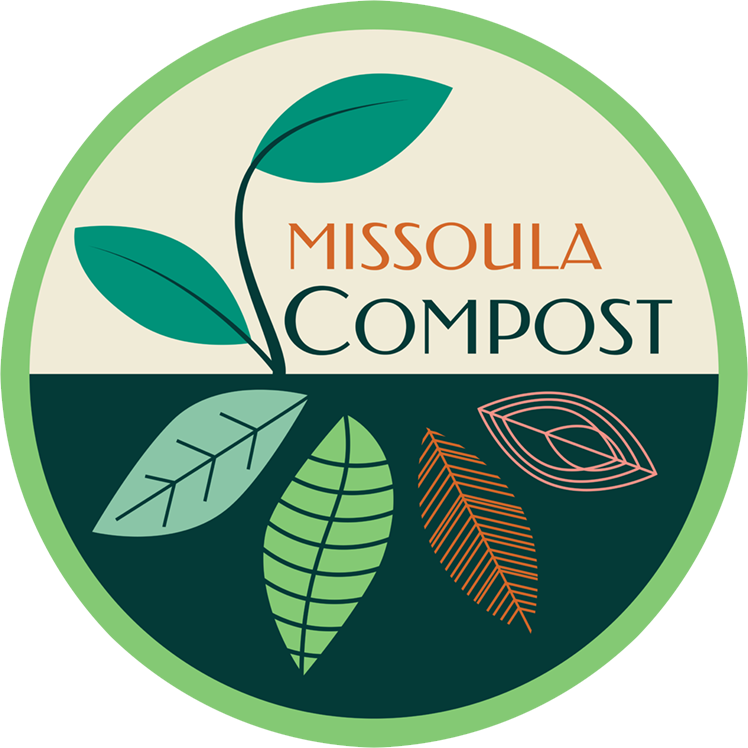Tips to Keep Your Bin Clean
Collecting food waste for composting can be… well, pretty messy. Here are some tips to keep your bin clean.
Beginner Techniques
Start New Collections with a Good Base
Line Base of Bin: Cardboard, newspaper, sawdust or wood chips, and straw are all good options to prep your compost bin. This material will help absorb moisture created by nitrogen rich material.
Bio Bags: Biodegradable bags are a great option to keep your bin clean. Bio bags are simply used, like a plastic trash can liner, but they are compostable! You can purchase bio bags here. If you would like the cost to be added to your bill at the end of the month simply send a request though our contact form.
Use code “SUMMER” for a 15% discount on bio bags
Rinse Bin
Make a habit of wiping or hosing down your bins after pick-up to help keep your bin clean. Cleaning agents that are safe to use in a compost bin include:
Vinegar: Dilute vinegar with water and use as a spray to clean the bin.
Dish Soap: Good ol’ soap and water will always do the trick.
Yard Hose: If you have a lawn simply give your bin a good spray right after pick up, towel or air dry.
Rag Options: Reusable items include old towels and t-shirts. Paper towels can also be used and immediately added to your compost.
Intermediate Techniques
Keep Food Scraps Cool Until Pick Up
To avoid having food scraps sit out in the heat for a prolonged amount of time, keep them indoors until pick up day. These are the worst offenders of pungent smells, so it's best not to give them a chance to stink up your bin. You can use bio bags, reusable silicone bags, or tupperware to store your scraps in a cool place before pick up day. Just remember to put them in your bin!
Freeze: Any meat and dairy scraps
Refrigerate: Vegetable, fruit, and cooked food scraps
Counter Stable: Egg shells, coffee grounds, tea leaves, nut shells, seeds, and paper towels.
Neutralize Odors
Neutralizing odors is a good option for smelly bins, however, it doesn’t get to the root of the problem. Consider a mix of methods to get the best results.
Coffee Grounds: Coffee grounds' porous structure allows them to absorb smells while the high acidity neutralizes unpleasant odors.
Baking Soda: Sprinkle some baking soda on your food scraps to neutralize odors.
Essential Oils: Peppermint, cinnamon, and lavender essential oils are good for masking odors and deterring insect pests.
Master Techniques
Balance Nitrogen and Carbon Material
Balancing compost allows for better absorption and aeration of materials reducing the buildup of unpleasant odor causing bacteria. Green materials are rich in nitrogen; too much nitrogen can lead to the production of ammonia, which has a strong, unpleasant smell. Brown materials are rich in carbon; carbon materials tend to be bulkier and more fibrous than green materials. Layering green and brown material is a great method to ensure a good compost balance.
“Green” materials include: Fruits and vegetables, other food scraps, fresh grass clippings
“Brown” materials include: Sawdust, cardboard, paper, dried lawn debris.
The Elements of Composting
The creation of good compost involves managing many different elements. Oxygen, moisture, surface area, heat, time, and, of course, a balance of carbon and nitrogen.
Learn more here.
As always, please contact us with any questions: Call 406-370-5876 or email info@missoulacompost.com. You can also visit our facebook group to keep up with commonly asked questions.
Use code “SUMMER” for a 15% discount on bio bags
Happy Composting!
Your friends at Missoula Compost.


